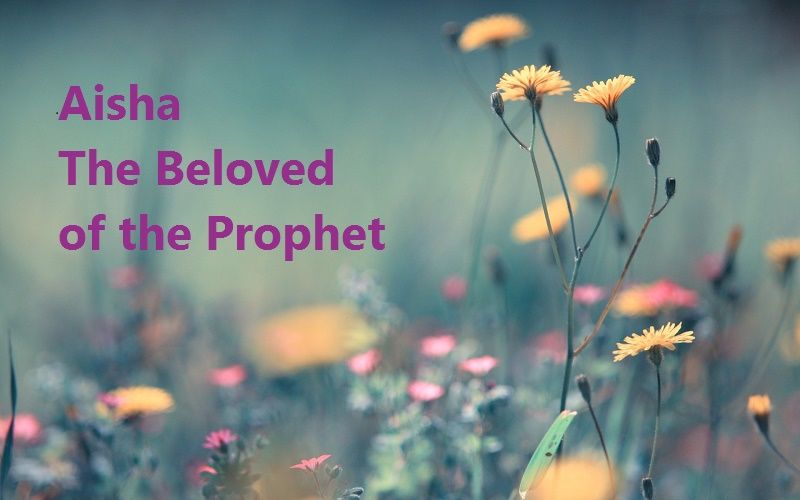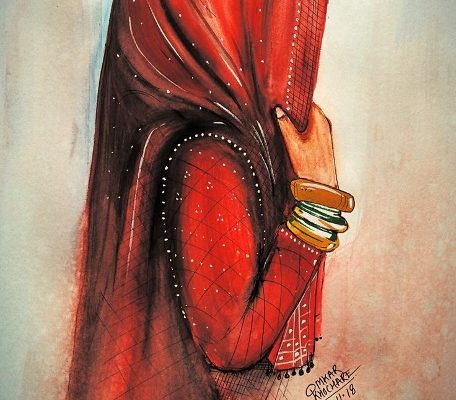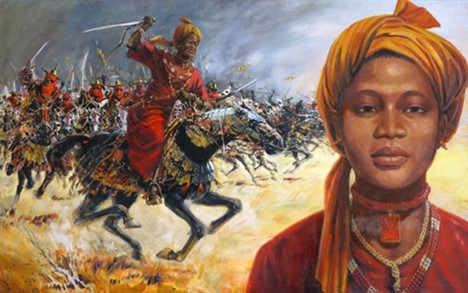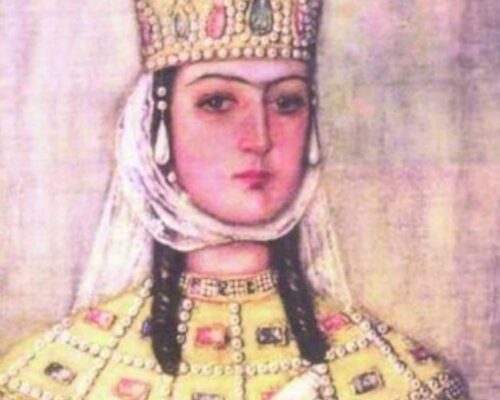Aisha bint Abu Bakr (ra) is one of the most prominent figures in the mainstream of Islamic intellectual history.
She was the wife of the Prophet Muhammad (PBUH) who had the most influence on the Muslim community after Him. She was known for her assertive temperament and mischievous sense of humour. During his lifetime, he established her authority by telling Muslims to consult her in his absence; after his death, she went to be become one of the most prolific and distinguished scholars of her time.
A stateswoman, scholar, mufti, and judge, Aisha combined spirituality, activism and knowledge and remains a role model for many Muslim women today.
She served as a teacher and narrated Hadiths (sayings of the Prophet) which today, shape the Islamic legal traditions. She narrated more than 2210 hadiths, from Muhammad’s (PBUH) personal life to the matters of inheritance and pilgrimage.
She assisted the companions of the Holy Prophet in resolving intricate issues. She became the protuberant figure who challenged the prevalent stereotypes and taboos of society.
She played an essential role in the political matters. During the time when women were not expected to contribute outside the household, Aisha (May God be pleased with her) delivered public speeches and became directly involved in war and battles. She led troops on the back of her camel and helped both men and women to understand the practices of Muhammad (PBUH). Her involvement and determination left a lasting impression on Muslims.
She implied women’s participation in scholarship, political life and the public sphere, which was clashed with conservative conceptions of the role of women. She was known as the most knowledgeable female Muslim jurist of her time. Her intellect and knowledge on subjects like fiqh, religion, medicine, genealogy and poetry were highly praised by luminaries.
She was a strong advocate for the education of Muslim women. Scholars believe that one fourth of the Islamic jurisprudence is based on her accounts. She revitalizes the Arab tradition and her guidance highlights her magnitude within Islam.
Her life and teachings are proof of Islam’s progressive stance on women. She is titled as Al-Siddiqah meaning, “the one who affirms truth”.








